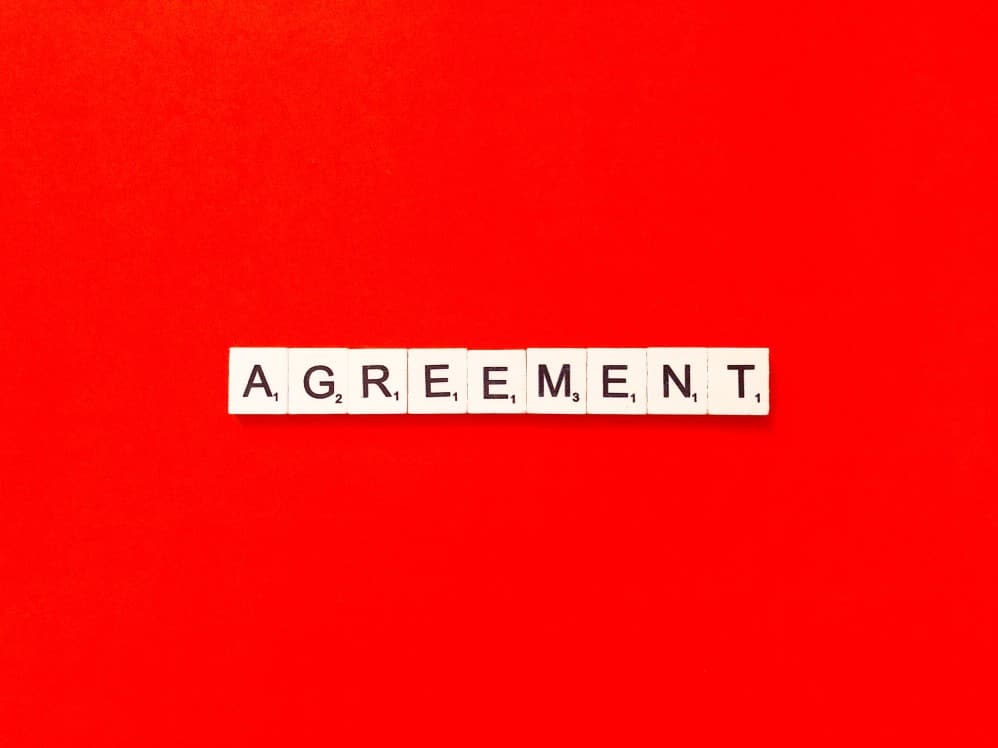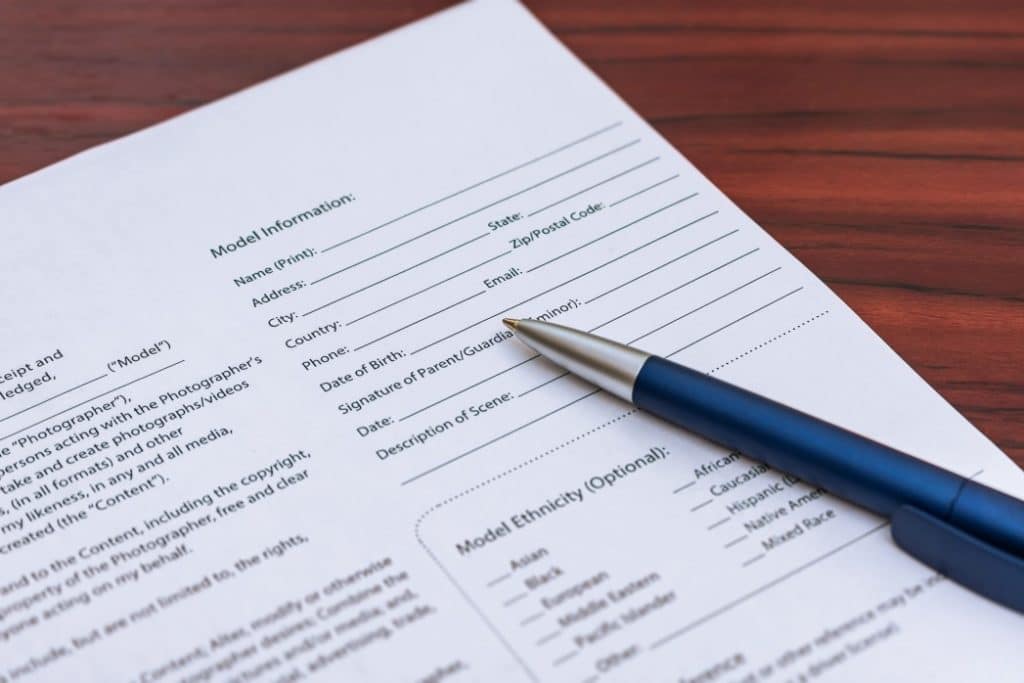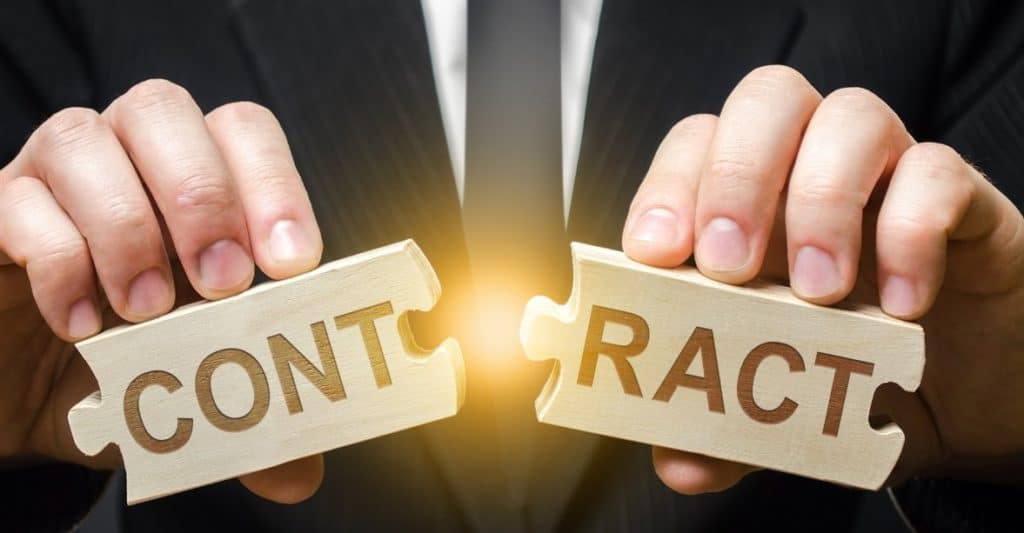Contracts play a significant role in our day-to-day activities. It isn’t simply businesses that utilize contracts. Additionally, they play an essential part in our daily life. There are contracts for everything these days, from business deals to movie tickets, website terms and conditions, and taking a bus ride. Contracts may be found in almost every aspect of our lives. People sign contracts to develop confidence and limit risk, so they are vital members of society. In trade, one party gives up something valuable for another party’s more valuable possession. Not every contract has to be based only on cash. They aren’t usually about money, but they typically include particular commitments or vows not to do certain things. Let’s discuss more about why is a contract vital for your business.
What is a contract?
When two individuals agree on something, they’re pledging to each other. Two or more persons agree upon it. A “party” in a contract is anybody or anything who agrees to perform any obligation under the terms of the agreement. Contracts have penalties and remedies in place in the event of a breach, and the law ensures that their terms are legitimate.
A contract violation occurs when you don’t fulfill your contractual obligations without legal justification. As soon as two or more persons make an offer and accept it, they are said to have entered into a contract. Before you learn why is a contract vital, your contract should be legally binding, it must have the following:
- One person promises another that they will or won’t do anything in the future when they make an offer.
- Doing or saying anything to agree is a means to show that all parties are on board with the conditions of the contract.
- When a person accepts an offer, they will get something of value in return for the actions (or nonactions) that the offer promises. The most typical instance of this is the payment of goods provided.
- Contracts are distinct from gifts in that they demand a transaction of some kind.
- A “legal ability” to grasp the contract’s terms has been demonstrated by each signatory.
- That country’s laws govern any agreement formed in a foreign country.

Contracts aren’t simply for corporations. In addition, they form the basis of human collaboration and society as a whole. People, companies, and the community benefit from contracts because they allow them to work together toward common objectives. We may be made to obey these formal agreements by legislation, and we can also be forced to follow them.
Why is a Contract Vital?
Contracts make promises made by private people legally binding:
Both parties must agree to be legally bound before a contract may be considered legally binding. In every contract, this is a critical aspect. If someone violates the terms of a contract and causes you injury, you may be able to rely on a promise made in a contract as evidence in court.
This isn’t the same as verbal assurances that aren’t spelled down in writing. If someone does anything unpleasant to you, a contract will protect you. This can also be done following the contract terms, which will inform you exactly where and how
Contracts correct any misconceptions and ensure your safety:
Many factors contribute to misunderstandings occurring in the workplace, making it a typical occurrence. The agreed-upon norms must be read and adhered to by both parties. A breach of contract can lead to issues between the parties, which can repercussions the company. Contracts are critical to a firm’s success; hence, they are crucial.
So why is a contract vital? The term of the contract and what each party is expected to perform are laid out in a contract paper, making both parties feel secure. Because contracts are so essential, it’s necessary to understand what they are.
Contracts allow teams to work together more formally:
Another reason why is a contract vital is that as long as the contracts are well-managed, teams and departments can operate together more formally. In the business world, it’s not unusual for a contract to be signed by only one person or a small number of individuals. Contracts are often forwarded by email for examination and approval between several departments. Time-consuming yet critical, this is a significant phase in the contract lifecycle.
An excellent approach for departments to work together and discuss the company’s long-term business strategy and the greatest outcomes from a new contractual arrangement is through a contract review process. You can significantly benefit from discovering and executing an effective contract procedure that incorporates the input of cross-functional teams.

Contracts are employed for communication:
Contracts are built on the foundation of relationships and cooperation. Communication becomes simpler for everyone when the relevant terms are stated clearly and concisely. If a contract is written in a complicated language to understand, it will likely produce a great deal of confusion amongst the parties involved.
Clear communication is essential in all interactions, but it’s especially critical in business partnerships. With contracts, you can communicate swiftly and ensure that the association is healthy.
The management of a firm is made simpler by contracts:
Contract procedures should be examined, and the best approaches to enhance them should be considered. As a whole, this will help firms operate more effectively. Using the correct tools can allow you to work more quickly and efficiently.
One of the easiest methods to streamline contract procedures and save time is to use contract management software. You don’t have to compose a long email to obtain an answer; all you have to do is click a few times. They don’t take weeks or months but rather a day or two. To keep up with the pace of business, all employees, procedures, and documentation must be in one location.
Contracts define the rights you are giving up and the rights the consumer is buying:
If you take a photograph, you possess the right to sell and display the picture (amongst many other rights). Your contract should specify exactly what rights you have to the photos and your client’s requests, as some clients may not be aware of or happy with this practice.
Did you intend to purchase them? Another option is that your customers might pay a fee to acquire the rights to their photos from you. As a result, the importance of this clause in your company contracts cannot be overstated if you want to keep your organization afloat.
When individuals sign contracts, they avoid clashing with one another:
Contracts allow firms to work together more effectively. Contracts are excellent at averting future conflicts and disagreements because they list terms that both parties have agreed upon.
Companies want to start a new mutually beneficial partnership, and a contract proves that it worked. Successful contract negotiations provide both parties with a fair amount of time to discuss and alter the agreement. There should be a minimal dispute between them in the future if the process is genuinely collaborative.
Contracts are used in the law:
A contract violation can be remedied and the resulting damages reimbursed. Additional legal characteristics of a contract and its primary function strengthen its participants’ connection.
Things like jurisdiction, governing law, arbitration, and so on are covered in the law of contracts. It’s much easier to obey the rules put forth in a contract since they’re so clearly defined. This aids the parties to a contract in their understanding of the law.
To wrap things up:

In the end, the conditions you and your customer agreed upon in advance bind you both. An agreement signed by both parties can be used to prove your claim for damages in a court of law. If you’re a newbie in the industry, it might be nerve-wracking to show a customer a contract for the first time. If you offer your customer a contract in your file, they’ll believe you’re more professional. It demonstrates your seriousness about your profession and your regard for both your own time and the time of others. If a consumer refuses to sign a contract, you should avoid them. Be prepared for a tremendous headache if you agree to undertake the task without a documented agreement and overlook why is a contract vital.
Contact Designs by Don W to get your digital business tasks professionally!
